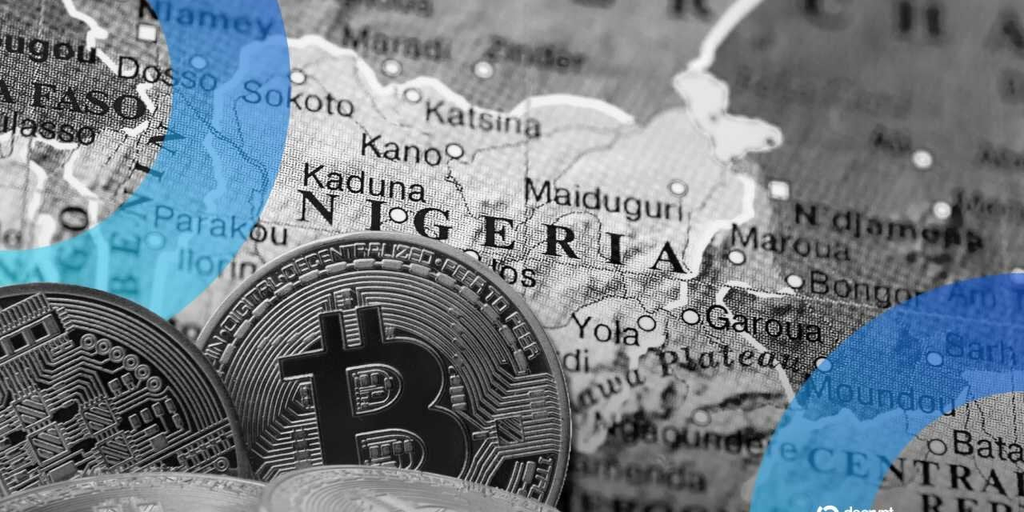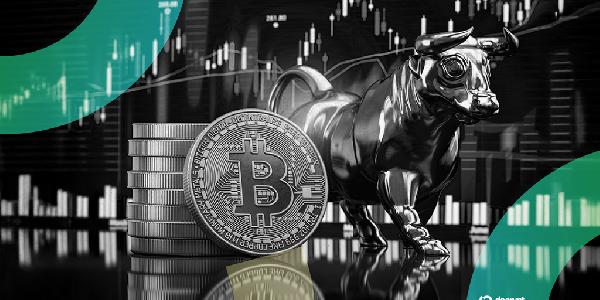Corrupt politicians in Nigeria are using cryptocurrencies to hide and obscure illegitimate wealth, according to Ola Olukoyede, the Executive Chairman of the Economic and Financial Crimes Commission.
Speaking at an event marking this year’s African Union Anti-Corruption Day, Olukoyede warned about the risks posed by the growing use of crypto, with a particular focus on investment fraud.
Yet he also turned his attention to “rogue politicians,” who according to the EFCC are “linked” to the rise of cryptocurrency fraud in Nigeria.
“Our findings showed that fraudulent politicians are already perfecting schemes and hiding their loot in cryptocurrencies to beat the investigative dragnets of anti-corruption agencies,” he said. “Stolen funds and unexplained wealth are being warehoused in wallets and payments for services are being done through this window.”
The EFCC didn’t provide further detail in its press release, and also hasn’t replied to Decrypt’s request for comment.
However, experts working within the anti-corruption sector in Africa agreed that crypto has become an element in political corruption, even if there’s no consensus on the scale of the problem.
“At present, there is no verifiable public data that quantifies the exact amount of unexplained wealth held by Nigeria’s political elite in the form of cryptocurrency,” said David Ugolor, the Executive Director of the Africa Network for Environment and Economic Justice (ANEEJ).
Speaking to Decrypt, Ugolor affirmed that the EFCC’s warnings are “not without merit,” although it would be “speculative to cite exact figures.”
He added that in recent years, the ANEEJ has observed “a growing pattern of digital asset usage in illicit financial flows (IFFs), often facilitated by the pseudo-anonymity of crypto transactions and the fragmented nature of international regulation.”
Ugolor explained that Nigeria’s status as one of the largest peer-to-peer crypto markets in Africa, as well as its historic issues of transparency and weak asset disclosure among political officeholders, makes it “plausible” that crypto is increasingly being used as a store of illegitimate wealth.
Crypto in Nigeria
Speaking at the same event, the governor of the Central Bank of Nigeria, Olayemi Cardoso, noted that cryptocurrency adoption has exploded in the country, with “over $56 billion in crypto-related transactions [...] recorded between July 2022 and June 2023.”
However, this growth has been accompanied by a parallel increase in fraud, as underlined by the central bank’s Financial Stability Report 2024, recorded a 45 increase in financial fraud cases last year.
Some 70 of these cases are related to digital channels, such as crypto exchanges, while Nigeria’s financial regulators have identified more than 30 Ponzi schemes involving cryptocurrencies.
Addressing crypto corruption
Ugolor argued that several steps should be taken to reduce the potential for the corrupt use of crypto, with the first being the adoption of stronger regulatory frameworks.
“Nigeria must develop a balanced approach that promotes innovation while enforcing AML/CFT compliance,” he explained. “This includes licensing and monitoring virtual asset service providers.”
Also important will be cross-border cooperation, with Ugolor advising Nigeria to strengthen ties with international law enforcement agencies such as Interpol, while also making greater use of crypto intelligence firms, such as Chainalysis and Elliptic.
One of the most vital elements will be summoning the political will and means to combat corruption, and for Ugolor this should encompass the disclosure of all assets held by politicians, including cryptocurrencies.
“Politicians and public officers should be required to declare digital assets under a revised public assets disclosure regime,” he said, explaining that this would close a loophole in current reporting systems.
Lastly, he added that he would like to see NGOs such as ANEEJ and the EFCC working more closely with each other, as well as with regulators such as the SEC and the Central Bank of Nigeria.
Such parties, he concludes, should “work jointly with the crypto sector to establish whitelists, suspicious activity flags, and channels for whistleblowing.”
Your Email










